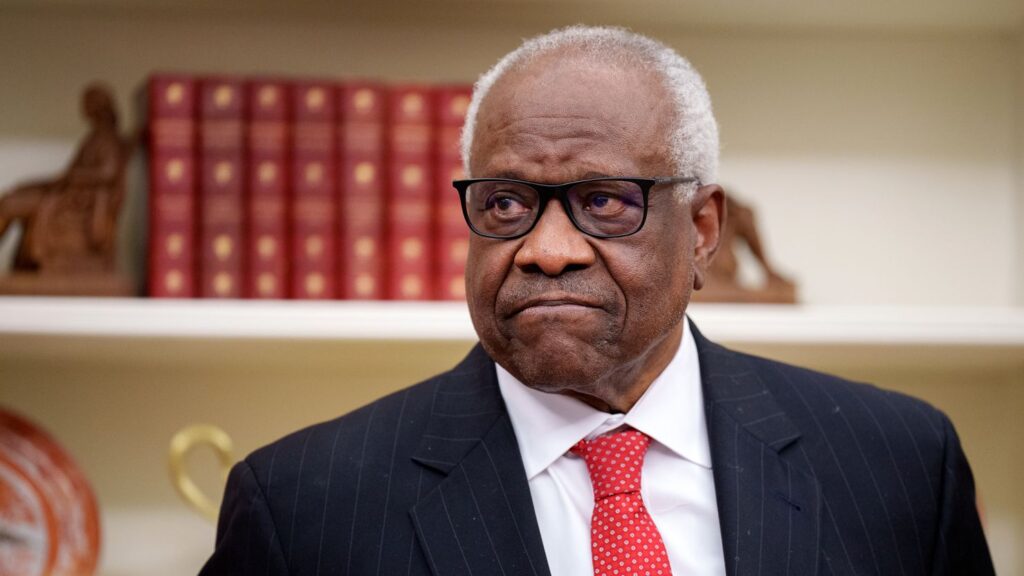Supreme Court Justice Clarence Thomas has been imploring his colleagues for decades to gut a crucial part of the iconic Voting Rights Act that prohibits practices denying Blacks, Hispanics and other racial minorities an equal right to vote.
When Thomas first laid out his objections in 1994, insisting that the act was exacerbating rather than easing “racial tensions,” several colleagues called his position “radical,” and only Antonin Scalia endorsed it.
But as more right-wing justices have joined the court, the views of Thomas, a conservative African American, have gained traction.
Now, a mysterious order from the high court in a Louisiana redistricting case suggests it is seriously reconsidering the scope of VRA safeguards against congressional and state legislative district maps that dilute minority votes. The looming battle comes as some states, notably Alabama, are resisting court orders to remedy discrimination, and President Donald Trump’s Justice Department is abandoning the federal government’s usual role in protecting minority voting rights.
The justices’ eventual action on this case and other simmering controversies, which would affect congressional maps used in the 2026 elections and beyond, could lead to a retrenchment of practices that consider race to ensure that minorities are not put at a disadvantage. The entire debate necessarily acquires a partisan dimension as Blacks and other minority voters tend to lean Democratic.
